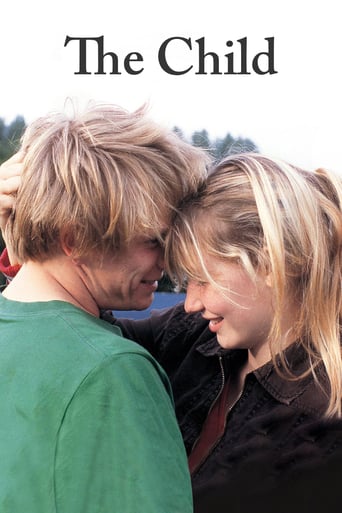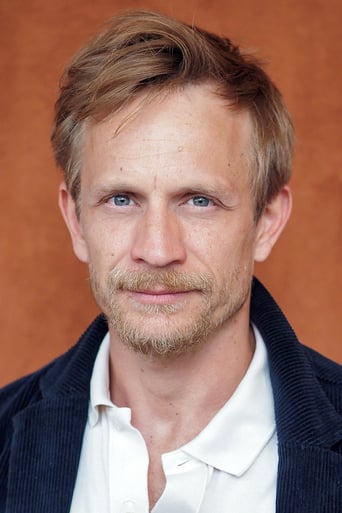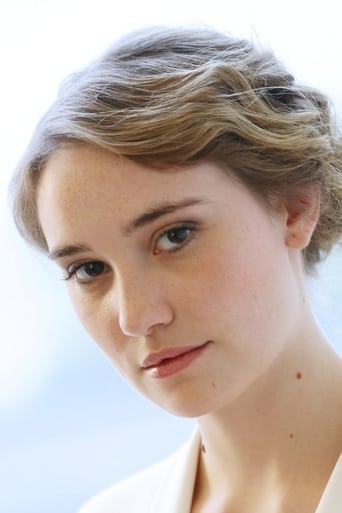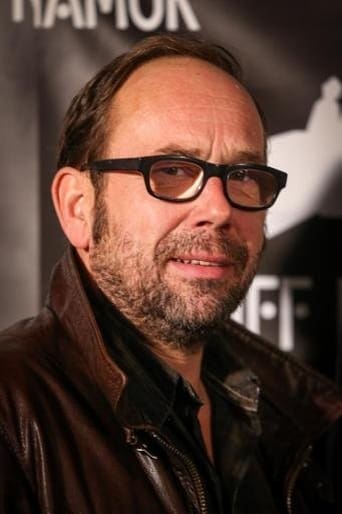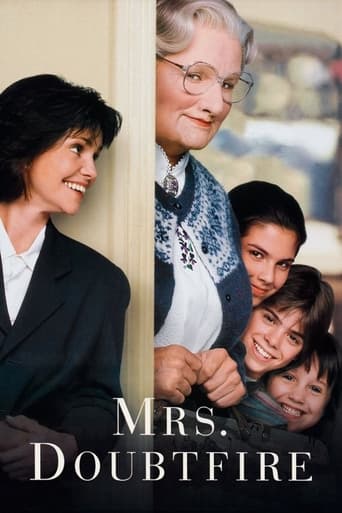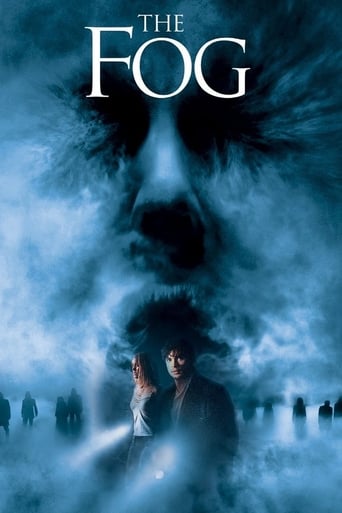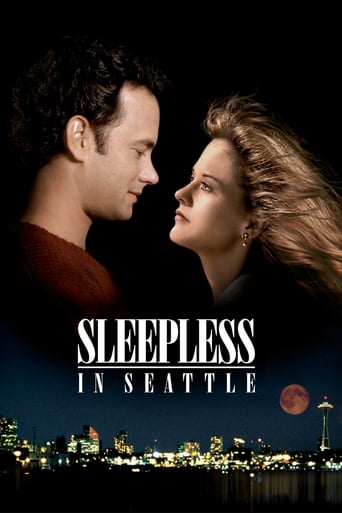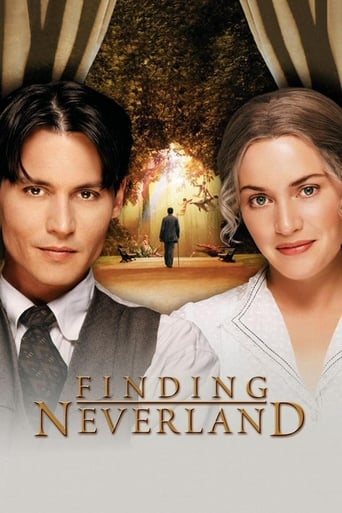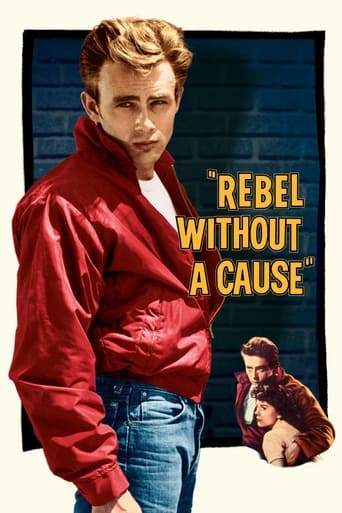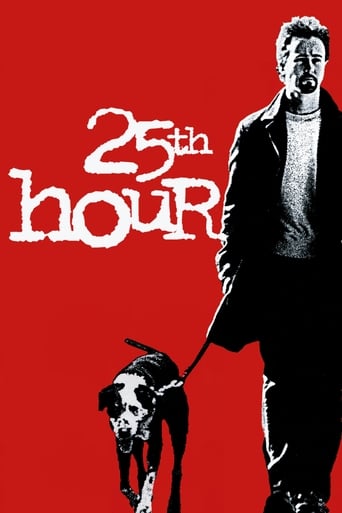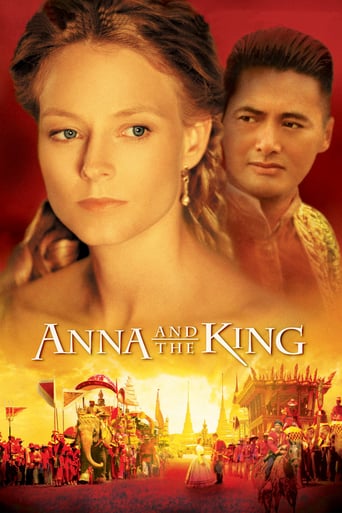The Child (2006)
Bruno and Sonia, a young couple living off her benefit and the thefts committed by his gang, have a new source of money: their newborn son. Bruno, 20, and Sonia, 18, live off the young girl's allowance and the petty thefts committed by him and his gang. Sonia has just given birth to Jimmy, their child. The carefree Bruno, who until then had only cared about the here and now, must now learn to become a father.
Watch Trailer
Cast


Similar titles
Reviews
Simply A Masterpiece
I don't have all the words right now but this film is a work of art.
This is a tender, generous movie that likes its characters and presents them as real people, full of flaws and strengths.
Very good movie overall, highly recommended. Most of the negative reviews don't have any merit and are all pollitically based. Give this movie a chance at least, and it might give you a different perspective.
Dramatic, realistic, proposing honest portrait of an age, generation, near reality. A film about parenthood. Bitter, cold, well made. And about the build of responsability. All - gived in wise manner. With admirable force. A father. His son. A decision. And the transformation. And the price of option.
All Dardenne brothers' movies have a central character but all these characters don't necessarily have a character's arc. As my immersion into the sibling's unique but strangely flawless body of work progresses, I find these two storytelling devices equally fascinating, in the way they convey the real 'flavor' of life, living a day without knowing what the next one will be... a grimmer look on Forrest Gump's iconic 'box of chocolates' metaphot. In movies like "The Promise" (their 1996 breakthrough), a young teenager is confronted to a moral dilemma after the tragic death of an illegal immigrant and chooses to help his widow and son instead of pursuing the same criminal path than his father, in "Two Days, One Night"; that earned Marion Cotillard an Oscar-nomination, the actress played a depressed factory worker confronting each workmate during a weekend to ask them to renounce an 1000 euros bonus to avoid her dismissal. These two movies consisted of long harrowing journeys where their protagonists managed to transcend their initial conditions, proving that even in a crisis-stricken society, there's still a glimmer of hope and reasons to have faith in humanity. Other Dardennes' movies didn't share the same optimism, and both happen to be their Golden Palm winners. "Rosetta" featured a young girl determined to work and not to end like her depraved alcoholic mother that she would do anything to get a job, even the most unethical actions. But when she could work, she seemed to have lost the ability to be happy, as if she had already entrapped herself in an existential dead-end. In "The Child", we find Jeremy Renier, the kid in "The Promise", in his early twenties, as Bruno, the father of the titular child, along with Sonia (Deborah François) a girl in her late teens. Despite the title, the film is pretty much centered on the 'father', but the word father is to be kept between crosses. I was misled by the synopsis and the premise that 'Bruno would learn to become a father'... there is no journey in "The Child" despite some bits of remorse expressed by Bruno. Still, the only identifiable pattern in his behavior is that he never thinks of the consequences and is so eager to make quick cash through begging or petty crimes that he never questions his ethics. Some people don't have scruples, some have, some don't even think about it. Are they dangerous? Potentially, yes. But they're a danger for themselves first because once you stop thinking of the consequences, your life can't have any purpose anymore. The irony is that Sonia, who's as immature and childish as Bruno, does have one and it happens to be her son. Although it's implied it was an accidental pregnancy, the couple is genuinely in love and love is actually an understatement, in two consecutive scenes, the Dardennes exposed the love on-going between the couple in a way that both captures their innocence and foreshadows the upcoming incident. Indeed, this is intelligent filmmaking at best because it features the two sides of the coin, how innocence can be cute and corny only to raise an uglier and far more tragic head later. First, you see them playfully but recklessly teasing each other in the car and it's a miracle it doesn't end with an accident. Later, they play with food and end up embracing each other as if they were at the verge of making love once again without any care for their child... it's like we viewers are asked by the Dardennes to care for the kid because the parents obviously can't. But it's Bruno who crosses the line by doing the one thing not even the most experienced moviegoer could see coming: selling the child. With an eerie attention to details and in their trademark documentary style, the Dardennes shoot the scene like a drug deal where a baby replaced the loot. But once again with the Dardennes, a scene never plays on its own, it's often a set-up to a more powerful moment. The pay-off comes when Bruno triumphantly shows a big bundle of euros to Sonia, announcing in the most matter-of-factly way that they sold their child. Sonia's reaction takes her back to a norm so severely lacking in the previous scenes, she faints and need immediate hospitalization. It's a dramatic moment but at least we know she is normal, and the fact that Bruno doesn't realize the gravity of his action that establishes his true character, one who has an uncommon lack of comprehension of the world, so wrapped up in immediacy that his soul lost itself in the process. I compared the film with "Rosetta" but even she had a defining goal, she needed a job and that encompassed all her actions. Bruno spends the whole film needing money, and even when he manages to get the child back, he seems to be sliding in the same path, endangering the life of another child. For all his flaws, we're never put in a position to despise Bruno, we pity him but in the same way, we fail to admire him when he seems regretful or when he makes amends... the Dardennes never allow certitudes, as if we were allowed to trust our perceptions. At the end, when Bruno finally weeps, we might take it as redemption, but it can be despair. Who knows? And "who knows?" is the question, "The Child" feels like a character study but there's an intellectual undertone behind that term, indicating a form of arc, an evolution, a coming-of-age. The Dardennes brothers could make such a film but I applaud the way they kept a shadow of doubt about the future of Bruno, by focusing so much on his actions that we're so close yet so far from his conscience, like Bruno who by getting so close to money let it get the worse from him...
A captivating 'peephole' into welfare-life in Belgium's dark under belly, L'infant is a unique movie in its stark realism, intentional lack of a musical backdrop, and limited, authentic and sometimes painfully awkward dialogue. It centres around a young, poor couple - Bruno (Jeremie Renier) and his girlfriend Sonya (Deborah francois), and their meandering descent from 'carefree' love. They are seen play fighting and horsing around many times at the beginning of the movie and their lack of meaningful (or any) dialogue lends itself to the sense of childishness, youthfulness and naiveté that characterizes them both. Bruno thinks 'working is for fools' and sporadically brings in money from petty criminal activities carried out with the help of his underage 'gang' of disaffected school boys. It is clear from the start that Bruno is immature, thoughtless, impulsive and self-obsessed, and one cannot help but be contemptuous of his unawareness of others' needs or feelings. When Sonia shows him their baby son for the first time, Bruno shows next to no interest in the baby. Although one sees his fondness for Sonia, his immaturity does not allow him to see beyond the moment, or beyond the next opportunity to make 'easy' money. Neither Sonia or Bruno grasp the 'reality' of having a baby nor how it will impact their lives; Sonia, however, bearing the brunt of the responsibility and having, it appears, some maternal instinct cannot escape that reality as readily as her lover. Even so, she is painfully unaware of the extent of Bruno's recklessness when she gives him the baby to 'take for a walk'; Bruno seizes upon this as the ultimate money-making opportunity, and seeks out an illegal, underground 'adoption agency' where he can sell their baby and make more money. His naivety is apparent in his total astonishment at Sonia's reaction to this shocking misdemeanour and his desperate pleas - 'but the money's for us! We can have another one (baby)'. These puerile words seal his fate in Sonia's eyes.L'infant, despite its minimalism, harsh realism and dismal portrayal of life, is nonetheless entrancing and engrossing; from extended 'road-crossing' scenes, to Bruno's realisation that he really has over-stepped the line and must return to the criminal 'baby adopters' to get his child back. It is here we see that beneath his brash, indifferent, superficially carefree exterior is a child-like, fearful young man, very much in love with Sonia, and totally unhinged by her contempt for him. Even after a nail bitingly suspenseful scene where Bruno retrieves the child, he is still backed into a corner by his foolish actions and helplessly sucked into a vortex of blackmail, violence and censure. He is now very much a tiny fish, swimming against the current, in a large and vicious pond. One realises that maybe Bruno, all along, is 'L'infant'; so foolish and infantile his actions, and so desperate his desire for forgiveness and acceptance. L'infant's cinematic naturalism, sparse dialogue, suspenseful scenes, and bleak realism make it a great film for the discerning movie goer.
There should be a genre that describes slow building, horrific but humanistic dramas such as this and 4 Months, 3 Weeks, and 2 Days. Technically, none of the plot points that happen in the movie are all that surprisingly, mostly because the synopsis gives you the basic gist: in this case, a young man sells his and his girlfriend's newborn for money and, when she understandably freaks out, he has to get the kid back and is further in the hole than when he started. However, what keeps you watching the movie for an hour and a half is not wondering how he gets the kid back, but the results of that initial poor decision coming out into their inevitable outcome. Meanwhile, you basically watch Bruno as he operates against time to rebuild the steady life that he never had in the first place.The whole thing is shot in somewhat long takes, with simple stripped down perspectives that usually involve just staying within the space of the characters themselves. Most of this movie, after the opening scene of Sonia returning from the hospital, is Bruno's story, so for the most part from their on what you can see is either what he's doing or what he can see. Digital photography helps keep this movie looking cold and miserable (seriously you wonder about Sonia walking around in that skirt all the time) with the over-cast exteriors, and everything is muted and undertoned. The acting is stupendous, from childlike joviality to brooding barely concealed by stoicism. The best part is how this movie leads up to probably the most understated prolonged chase sequence in contemporary cinema, one that's tense and suspenseful but completely devoid of the flash of usual excitement-inducing action cinema.The Dardenne brothers seem to be making quite a name for themselves in the international market, and from what I understand this movie doesn't deviate too far from their usual style. They are certainly a brother-director troupe to check out.--PolarisDiB

